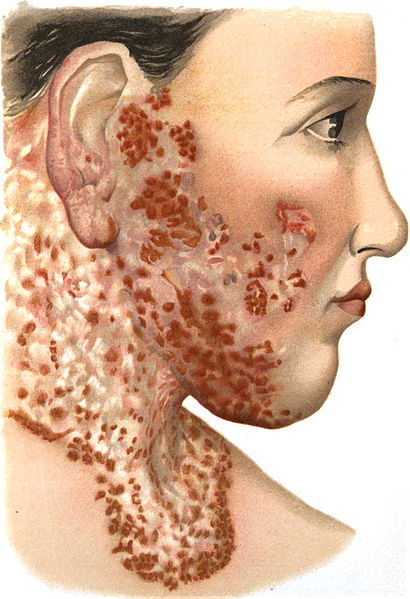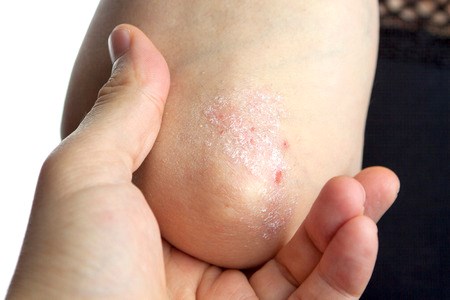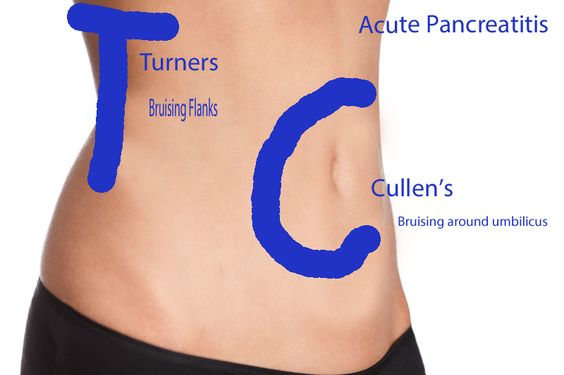Autoimmune disease is a state where the immune system attacks your own body. It is a life long struggle for the individual who has it. It periodically gets worse, especially when situations get unpleasant. It affects certain parts of the body, such as joints, skin, kidneys, blood cells, lungs, heart, and brain. Its symptoms vary though it always includes rash, joint pain, fatigue, and fever. Unfortunately, there is no cure for an autoimmune disorder. However, specific treatments, medication, as well as lifestyle changes, aid the condition.

Source: state.gov
How COVID-19 Affects People With Autoimmune Disease?
In the latest information of COVID-19, the reports show that majority of the virus’s target is the elderly due to their weaker immune system. That is why most people assume that if a person is young, healthy, and active, there is no chance of him getting an infection. As long as he practices social distancing too, that person is also safe from contracting the virus. But contrary to that, people with autoimmune diseases are at higher risk of Coronavirus infection regardless of their age and physical health. That is because these individuals already have a weak immune system.
People with autoimmunity are already struggling. There are things that they can no longer do due to a malfunctioning health condition they have. So imagine the life of these individuals living with all the anxiety and fear caused by the pandemic. These people battle up with their bodies every day. What more now that there is another addition to the already torturing physical, emotional, and mental condition they have? The situation is terrifying.

Source: pixabay.com
The Mental Struggle Caused By The Pandemic
Yes, some people with an autoimmune disorder can be overreacting. That is because they got this filed up mixed emotions. These individuals already feel scared for their health because they know any time; certain things can trigger their symptoms. And now that there is a pandemic, all they care about is staying healthy. That is another pressure they need to handle because it requires more than just eating healthy foods and sleeping well.
Anger can also take a toll on this situation. People who have autoimmune diseases already think that this pandemic is unfair for them. The trauma that this situation is causing is disturbing enough for those who only want to live a better life. So what more if the pressure doubled up? Most of these people with autoimmune disease are feeling discouraged. Some of them feel unstable and often look for something or someone to blame. Not because they are naturally angry, but because they are far more scared of what could happen to them.
Individuals with the disease are also prone to depression because some of them are not able to process the adjustment instantly. Their minds are battling between their desires to live a normal life and staying healthy. And since there is no certainty as to where the pandemic would end, these people’s hopes and dreams shatter. And sometimes, even if they happen to be filled with positive energy, the isolation alters their way of thinking, leaving them confused, sad, and lonely.

Source: pexels.com
Takeaway
No, individuals with an autoimmune condition are not asking for special attention. Other people should be mindful and considerate to understand that awareness of the situation is far more critical. The judgments are already mentally and emotionally draining, so it would be better not to add damage to these people’s situations. It is not the time for selfishness and inconsiderate manners. We are all affected by the virus. We have to recognize that the situation is more excruciating for these people who have a higher risk of getting infected.















